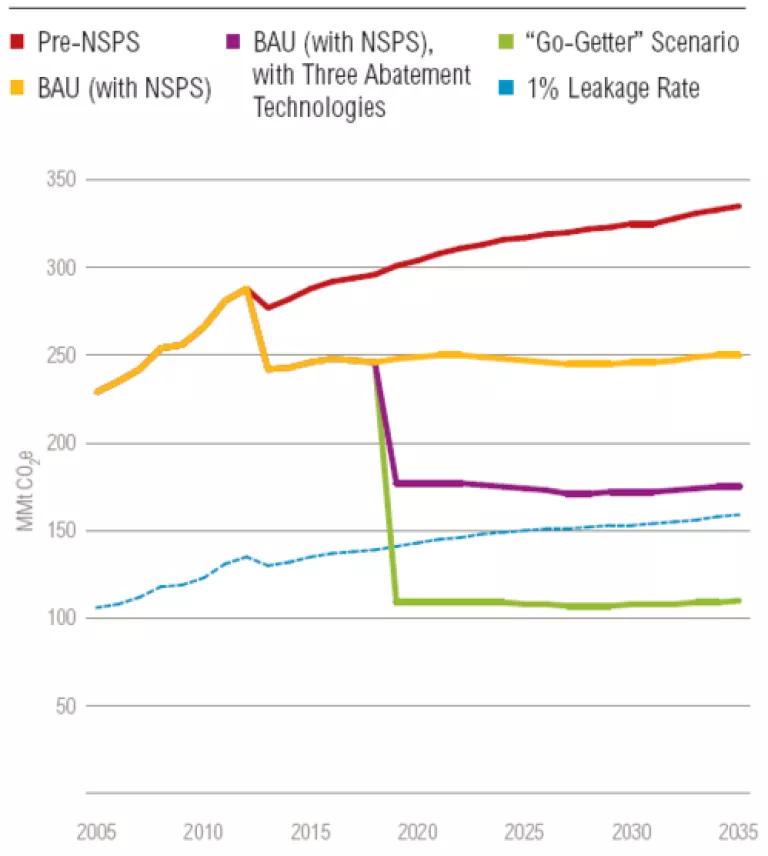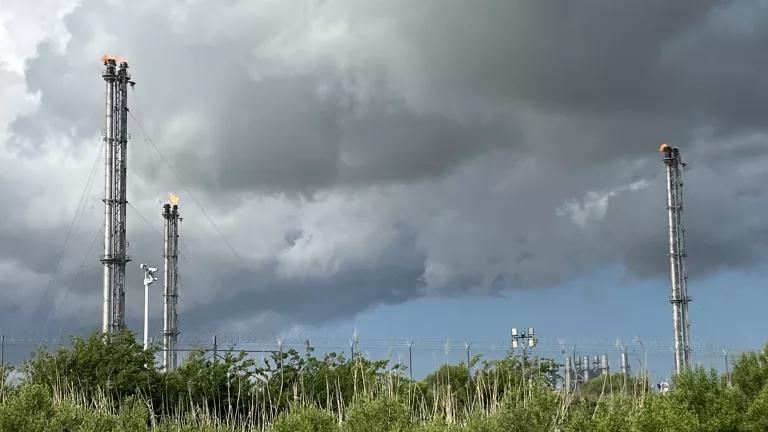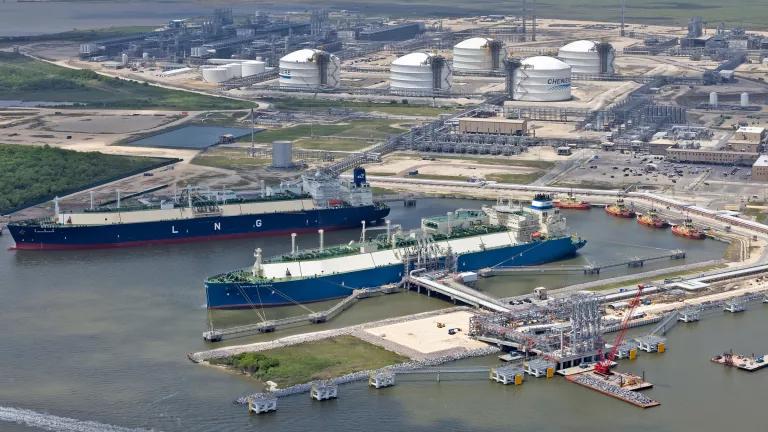Time for the World Bank to stop funding climate change: More fossil fuel funding isn't the answer
World Bank President Dr. Kim has spoken repeatedly about the damages that climate change will inflict on our children and grandchildren and the poorest throughout the world. This is a welcome signal that he understands the consequences of climate change, so now is the time for Dr. Kim to lead the World Bank Group in following those words with its deeds. That is the message that nearly 60 development, environment, faith-based, human rights, and community groups conveyed in a letter to Dr. Kim today.
“…the World Bank cannot meaningfully address climate change unless its lending practices, and core energy portfolio, do not further exacerbate the climate crisis and its impact on vulnerable communities. It is by this measure, rather than words, that we judge the World Bank’s commitment to addressing climate change.”
According to data compiled by Oil Change International, the World Bank Group has invested in over $18 billion in oil, coal, and gas lending over the past 5 years (see figure).

Over this time period, the World Bank Group has invested over $6 billion in coal projects, such as a $3 billion loan for a massive coal-fired power plant in South Africa and a $740 million dollar coal-fired power plant in Chile to support a copper mining operation. At the same time, the World Bank Group has invested in over $2 billion worth of oil projects (with an additional $3 billion in financing that supports combined oil and gas projects).
It is this kind of investments that has led the groups to urge the World Bank Group to end support for all fossil fuel projects (other than assistance with transition, such as mine closure) unless it can be clearly demonstrated that: (1) the project’s sole purpose is directly increasing energy access for the poor, and (2) a full examination of all costs – including damages to public health, welfare, the environment, and the climate – of the proposed project and any new renewable and efficiency alternatives demonstrates that it is the best alternative for delivering energy services to the poor. As the groups stated: “We believe that you will find few, if any, fossil fuel-based projects that meet these criteria.”
It isn’t too late for the World Bank to change course as there are clean energy alternatives literally popping up all over the place – like solar in India, geothermal in Chile, off-grid renewables in sub-Saharan Africa, and energy efficiency all over the place. And the World Bank Group is already investing in these types of activities so it shouldn’t come as a surprise to them that there are real projects emerging throughout the world.
It is way past time for the World Bank Group to change course and invest in clean energy instead of fossil fuels. This isn’t the first time they were confronted with this choice. Almost two years ago NRDC made specific recommendations that included:
- Integrating low carbon energy investments into all aspects of the World Bank lending and its energy and development planning efforts with client countries;
- Increasing renewable and energy efficiency lending; and
- Phasing-out high-GHG emitting fossil fuel lending in all client countries by 2015 –unless certain narrowly defined criteria for energy access are met.
And they can take additional steps like: establishing dedicated funds for off-grid renewable energy and distributed solar energy (as called for by 22 of the world’s leading off-grid clean energy entrepreneurs), dedicating money in an energy efficiency facility to help spur more investment in energy efficiency, and creating a dedicated program to phase-out inefficient lighting. There are endless opportunities once the World Bank focuses all of its attention on clean energy investments.
Clearly Dr. Kim understands that making investments in projects that are driving climate change doesn’t make sense. As he recently said:
Now it is time to act!




